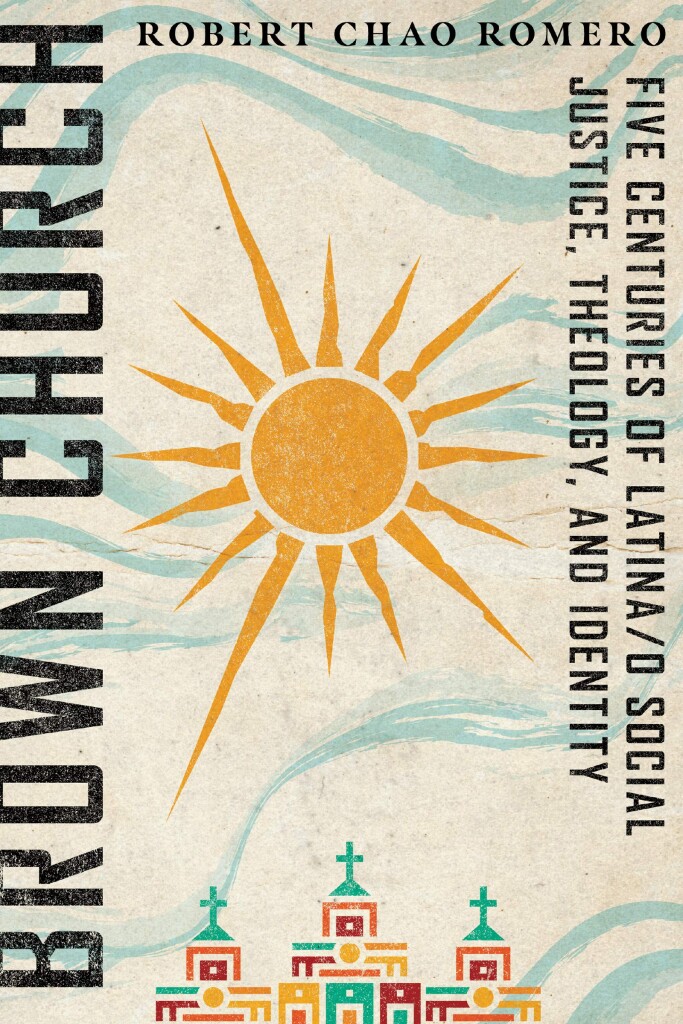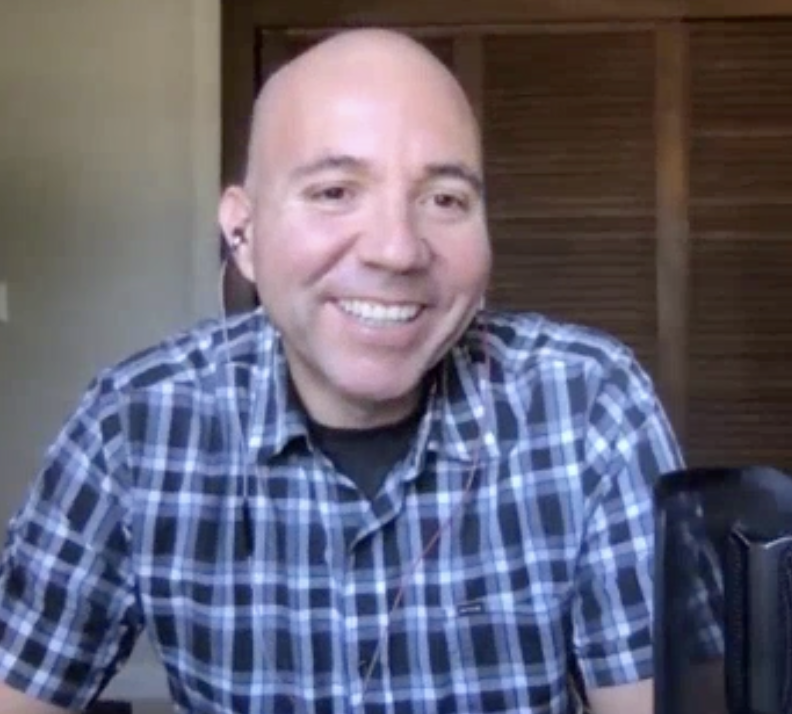 Are you curious on how to better love and support our hurting Black communities?
Are you curious on how to better love and support our hurting Black communities?
Pastors Duke L. Kwon and Dr. Gregory Thompson build a historical and theological case for reparations — and address the various thefts of white supremacy that continue to hurt our Black communities in their latest book: Reparations: A Christian Call for Repentance and Repair.
This is a book that will open your eyes to the systemic sins of racism and white supremacy in the United States, which continue to cause racial brokenness and social inequities.
It’s also a book that will bring you awareness of Black pain and the Christian calling to bring about healing and reconciliation.
The complicated and sinful history of racism in the United States and impact today doesn’t have an easy solution.
This isn’t a book designed to give you step-by-step directions on how reparations should work; it’s theological framework to help you think creatively on how to love and care for our oppressed and marginalized communities hurting due to racial brokenness.
No doubt, there are dozens of arguments against reparations — and many Christian leaders debate this issue.
Some critics argue that reparations is unjust (and therefore immoral) to require people who had nothing to do with slave ownership or racial injustices of the past to be liable for those sins today. Others argue that it’s impractical to figure out economically who should be compensated (along with who should pay and for how long).
Many of the arguments in favor or against reparations use justice as the chief aim. How do we determine a just way to address systemic sins and racial injustice?
Duke L. Kwon and Dr. Gregory Thompson reveal how the Christian’s call to bring about racial healing is more than an economic conversation — and moves far beyond what is the most equitable response. They provide a Christian vision of compassion, love and why the church ought to be caring for those who are hurting. It’s about opening our eyes and hearts to the Black pain around us and finding ways to bring healing in our own communities.
In this podcast episode, Duke L. Kwon and Dr. Gregory Thompson talk about why they need to write a theological case for reparations, why it’s important to support and love hurting communities, reasons why Christians debate the reparations issue, ways church leaders and pastors can properly address systemic sins at church, how white supremacy is a theft of truth, power, and wealth, ways to talk with children about racism, and what the parable of the Good Samaritan teaches us about love and reparations.
“Reparations: A Christian Call for Repentance and Repair” is published by Brazos Press, a division of Baker Publishing Group.
I pray this conversation encourages us to develop more empathy and find ways to help our hurting Black communities.
You can subscribe or download this episode on iTunes, Spotify, Google Podcasts or Stitcher. You can also subscribe to the video series on YouTube.
Read More…
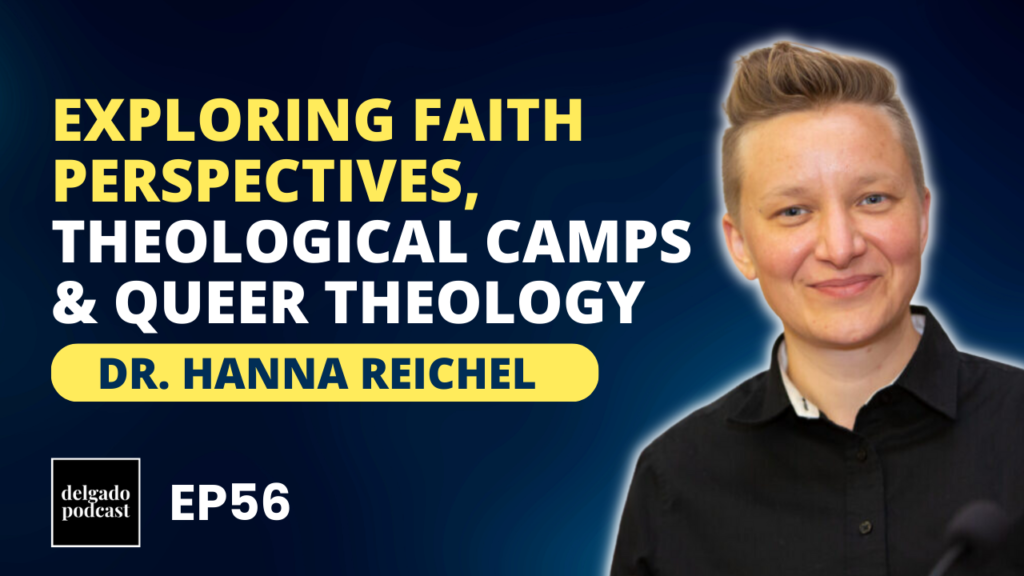
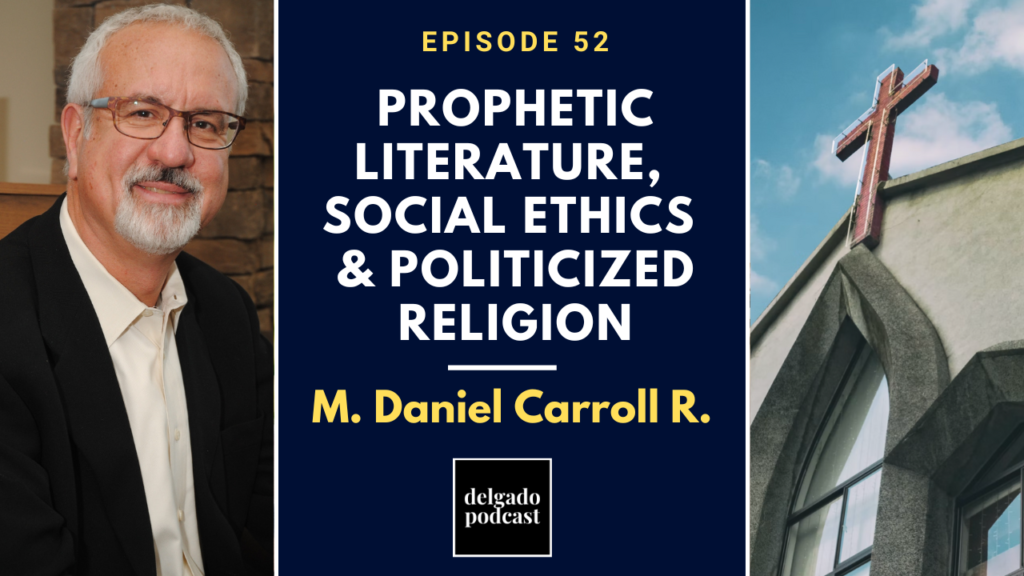
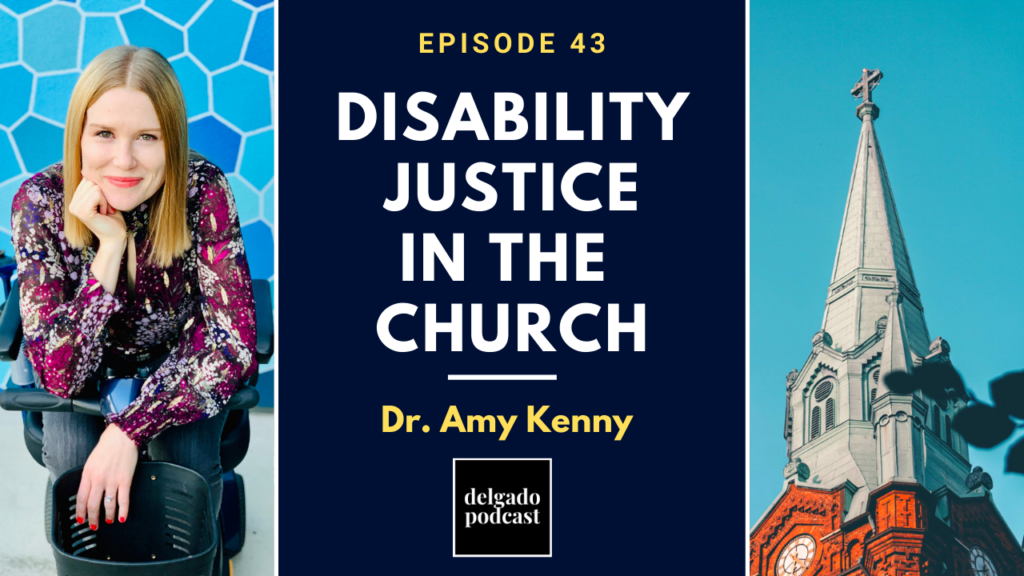

 Are you curious on how to better love and support our hurting Black communities?
Are you curious on how to better love and support our hurting Black communities?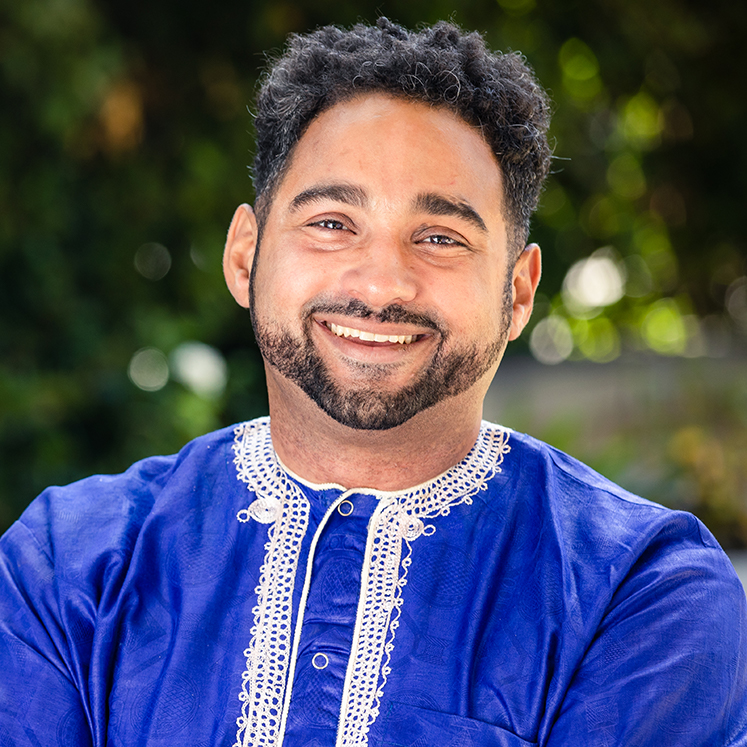 Most of the theology and church history that I’ve studied (and been exposed to) was passed along from the Western church tradition.
Most of the theology and church history that I’ve studied (and been exposed to) was passed along from the Western church tradition.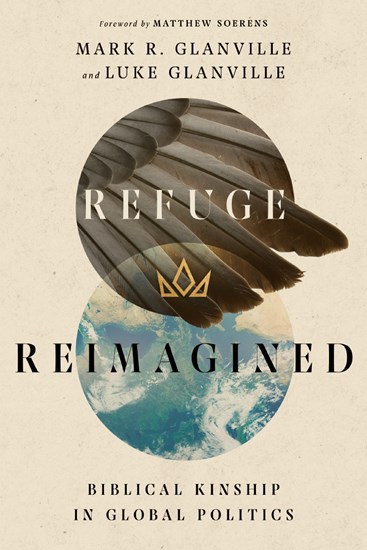 The topic of immigration is a huge theme in our Hebrew Bible & New Testament scriptures.
The topic of immigration is a huge theme in our Hebrew Bible & New Testament scriptures.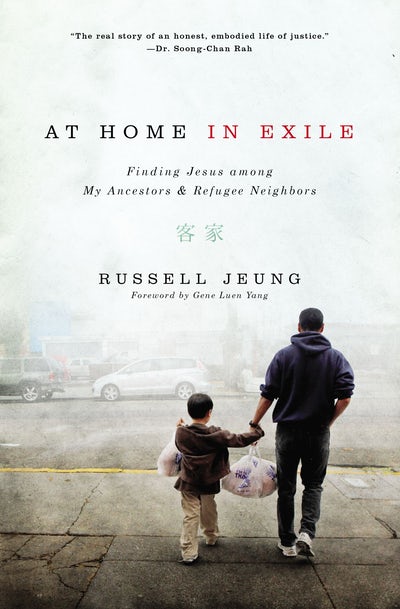 We’ve been examining the ways our theology and personal faith evolves — and how oppression, disability, trauma and racism can shift the way we understand God, our scriptures and ourselves.
We’ve been examining the ways our theology and personal faith evolves — and how oppression, disability, trauma and racism can shift the way we understand God, our scriptures and ourselves.